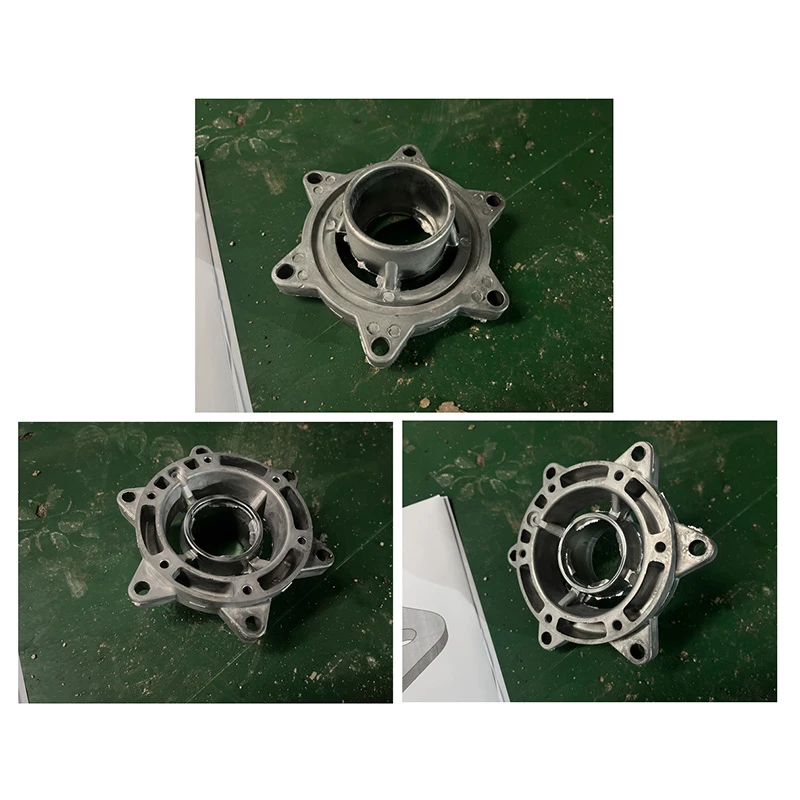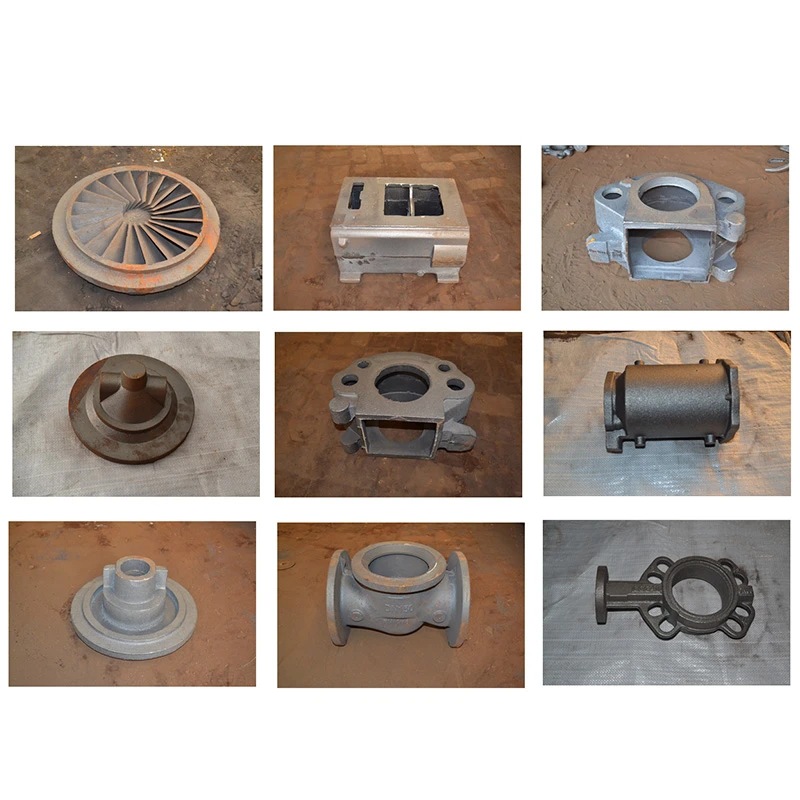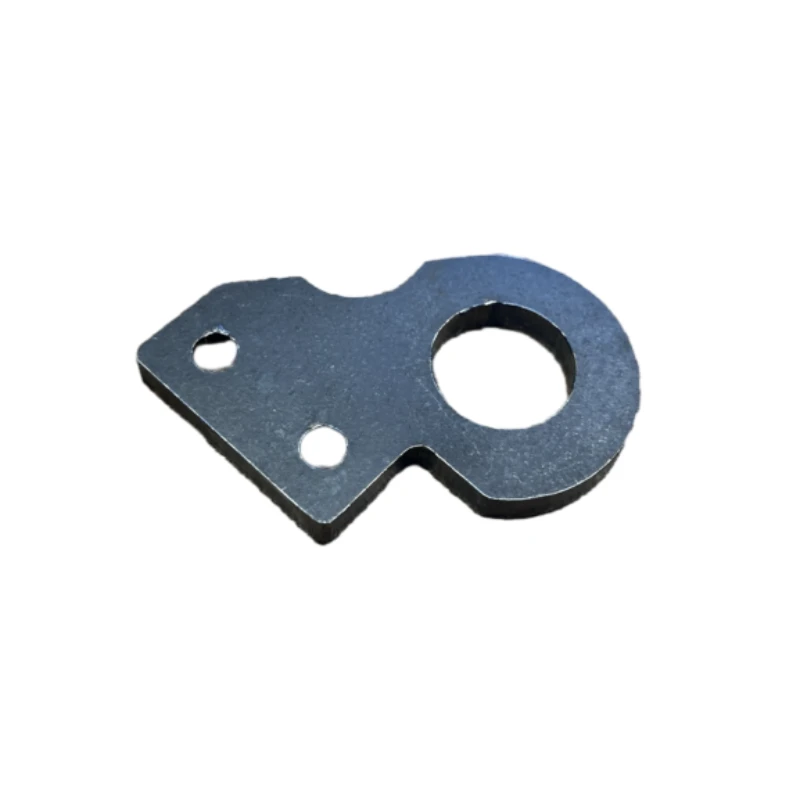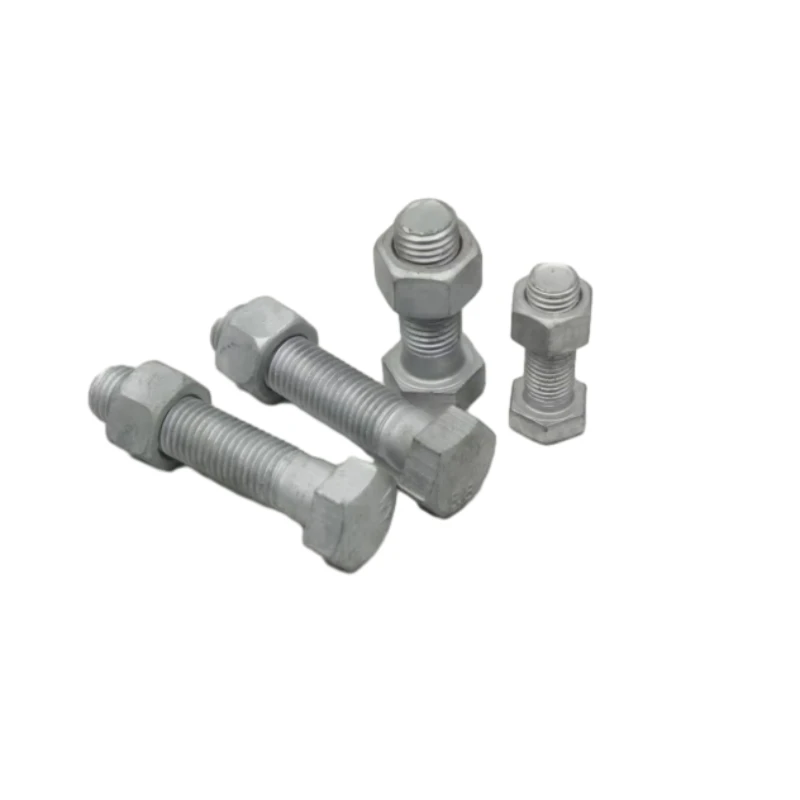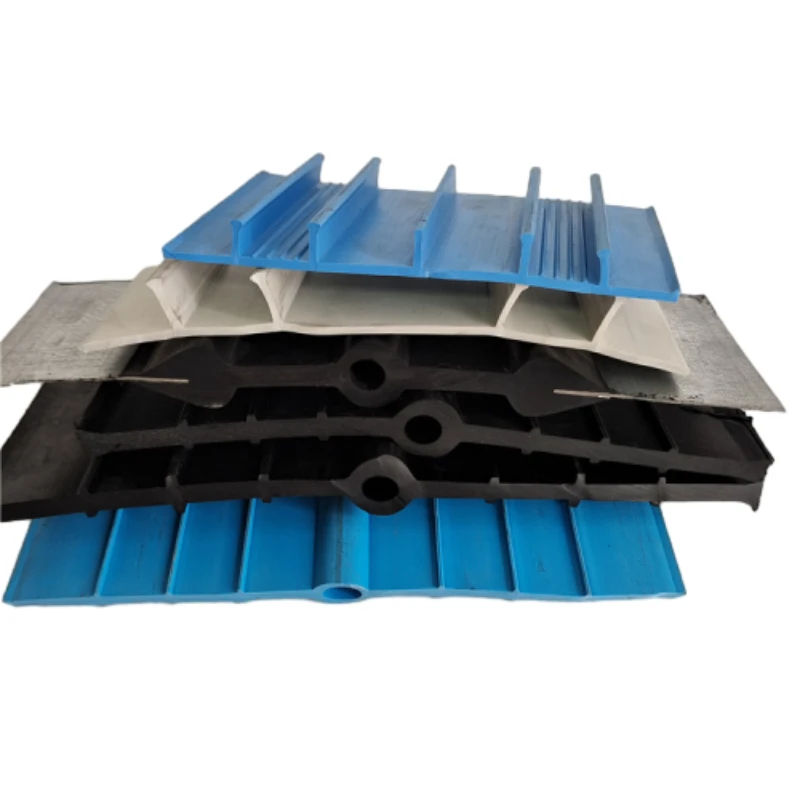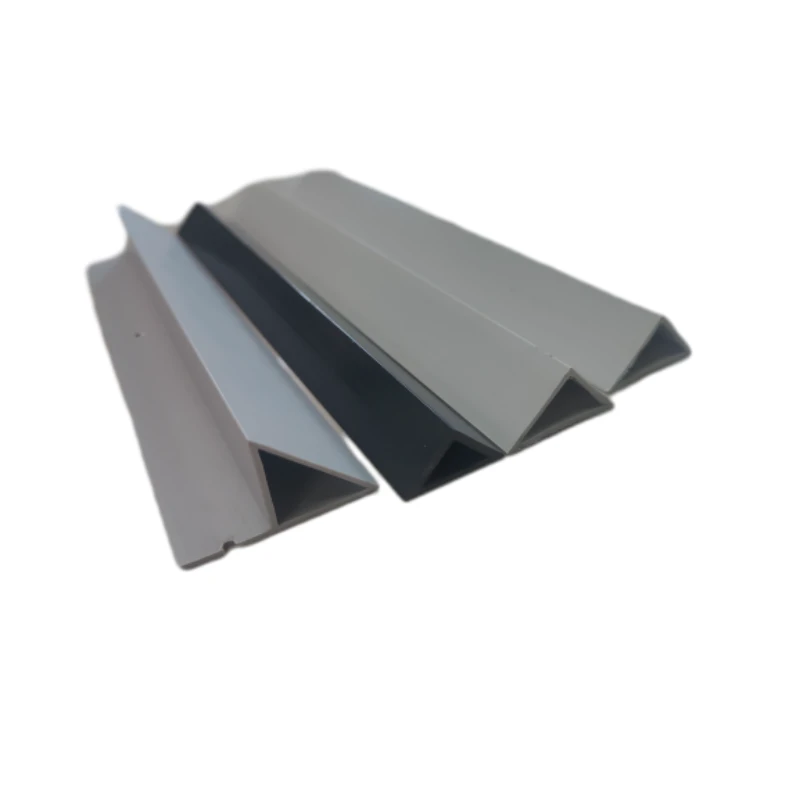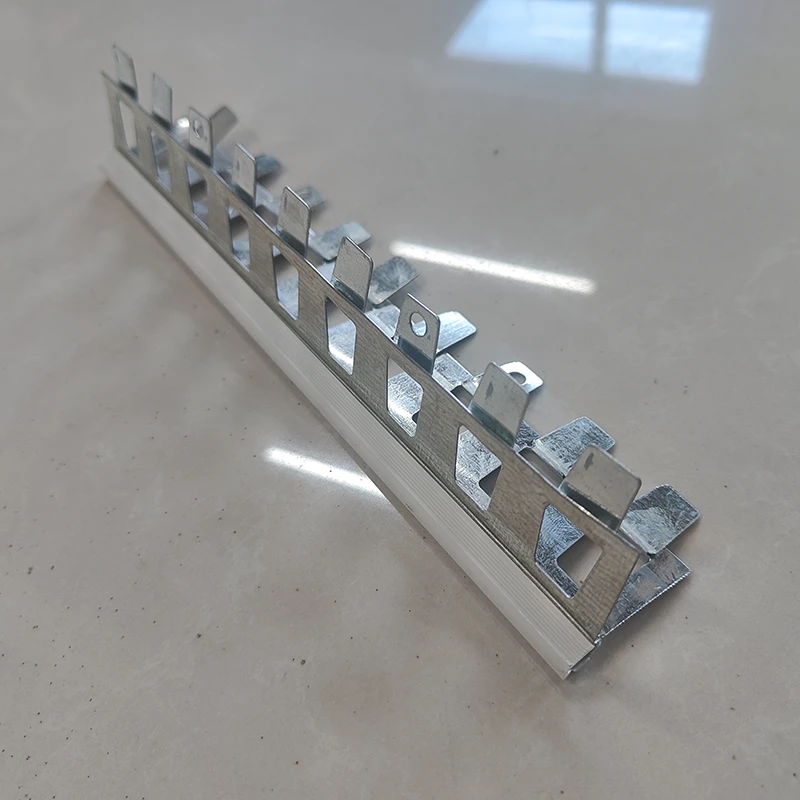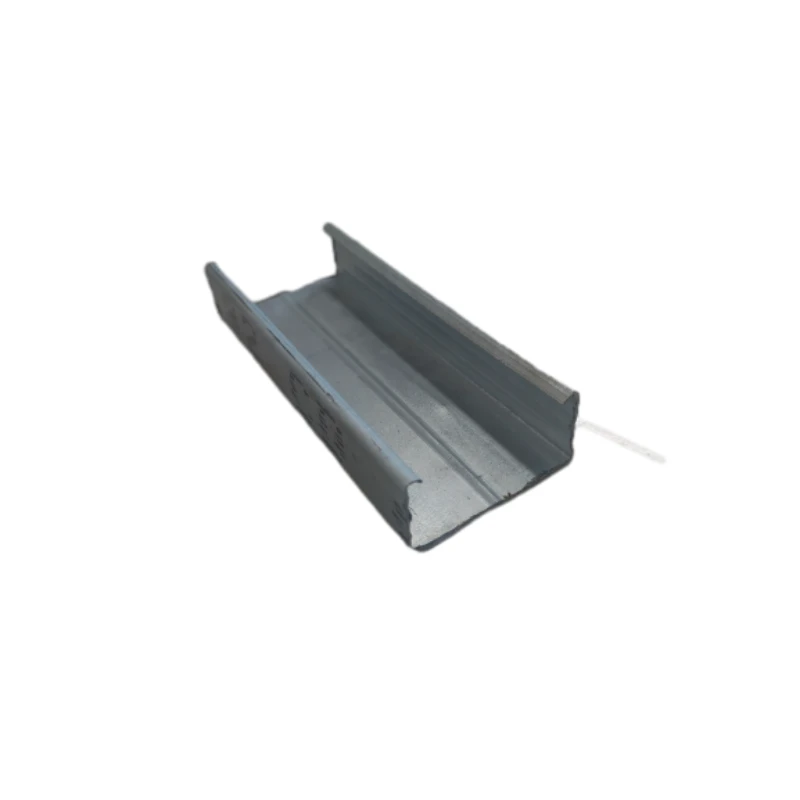- Phone: +86 132 8320 1810
- Email: annie@wrkgroup.ltd
-
- Afrikaans
- Albanian
- Amharic
- Arabic
- Armenian
- Azerbaijani
- Basque
- Belarusian
- Bengali
- Bosnian
- Bulgarian
- Catalan
- Cebuano
- China
- China (Taiwan)
- Corsican
- Croatian
- Czech
- Danish
- Dutch
- English
- Esperanto
- Estonian
- Finnish
- French
- Frisian
- Galician
- Georgian
- German
- Greek
- Gujarati
- Haitian Creole
- hausa
- hawaiian
- Hebrew
- Hindi
- Miao
- Indonesian
- Italian
- Japanese
- Javanese
- Malay
- Persian
- Portuguese
- Punjabi
- Russian
- Spanish
- Swahili
- Telugu
- Vietnamese
Čvn . 04, 2025 11:54 Zpět na seznam
Types of Formwork and Their Applications
In the construction industry, formwork is the temporary or permanent mold into which concrete is poured and allowed to harden. It serves as the framework that gives shape and support to concrete structures. Alongside formwork, concrete accessories play a crucial role in enhancing the efficiency, stability, and quality of the construction process. Understanding the different types of formwork and their specific applications, along with the importance of concrete accessories, is essential for successful construction projects.
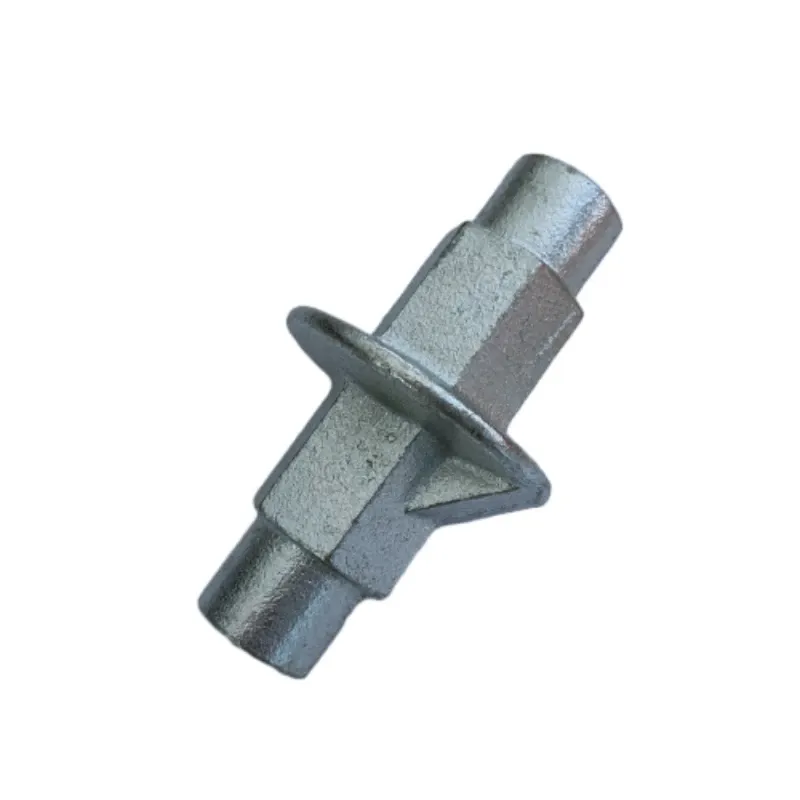
Traditional Timber Formwork: Concrete Accessories for Small - Scale Projects
One of the oldest and most commonly used types of formwork is timber formwork. Made from wooden planks or boards, timber formwork is relatively easy to work with, as it can be easily cut, shaped, and assembled on - site. It is a popular choice for small - scale construction projects, such as residential buildings or minor renovations. In these cases, the flexibility of timber formwork allows for quick adjustments to fit the specific dimensions and shapes required. Additionally, concrete accessories like timber connectors and braces can be used to reinforce the timber formwork, ensuring its stability during the concrete pouring process. However, timber formwork has limitations, such as a relatively short lifespan and susceptibility to moisture damage, which may require more frequent replacements.
Steel Formwork: Enhancing Concrete Formwork Durability
Steel formwork offers high strength and durability, making it suitable for large - scale and repetitive construction projects. Steel is a robust material that can withstand high pressures and heavy loads, ensuring the integrity of concrete formwork during the casting of thick and massive concrete structures. It is commonly used in the construction of bridges, high - rise buildings, and large industrial facilities. The use of concrete accessories with steel formwork, such as steel clamps and adjustable supports, further enhances its stability and precision. Steel formwork can be reused multiple times, reducing costs in the long run, although the initial investment is relatively high. Its smooth surface also results in a high - quality finish of the concrete structure, minimizing the need for extensive post - construction surface treatments.
Plywood Formwork: Cost - Effective Concrete Accessories Integration
Plywood formwork combines the advantages of both timber and steel formwork to some extent. Plywood sheets, made by gluing multiple layers of wood veneer together, offer a smooth surface that provides a good finish to concrete structures. It is more durable than traditional timber formwork and can be used for a wide range of projects, from medium - sized commercial buildings to infrastructure projects. Concrete accessories like form ties and waler systems are used with plywood formwork to hold the panels in place and resist the lateral pressure of the wet concrete. Plywood formwork is relatively cost - effective, especially for projects where a balance between quality and budget is required. It is also lightweight, making it easier to handle and transport compared to steel formwork.
Modular Formwork: Standardized Concrete Accessories for Efficiency
Modular formwork is a modern approach that focuses on efficiency and standardization. This type of formwork consists of pre - fabricated modules that can be easily assembled and disassembled. The use of standardized concrete accessories with modular formwork ensures quick and accurate installation, reducing construction time. Modular formwork is highly suitable for projects with repetitive elements, such as residential complexes with multiple identical units or industrial buildings with uniform floor plans. It allows for a high degree of customization while maintaining the benefits of mass - production. The reusability of modular formwork components also contributes to cost savings and environmental sustainability, as less material is wasted during the construction process.
FRP Formwork: Innovative Solutions for Concrete Formwork
Fiber - Reinforced Polymer (FRP) formwork is an innovative alternative to traditional formwork materials. FRP formwork is lightweight, corrosion - resistant, and has a high strength - to - weight ratio. It is particularly useful in projects where exposure to harsh environments, such as coastal areas or chemical plants, is a concern. Concrete accessories designed specifically for FRP formwork are used to ensure proper installation and support. Although FRP formwork is currently more expensive than some traditional options, its long - term durability and low maintenance requirements make it an attractive option for certain high - end or specialized construction projects.
Types of Formwork and Their Applications FAQS
How do Concrete Accessories Influence the Choice of Formwork?
Concrete accessories play a significant role in formwork selection. Their availability, compatibility with different formwork types, and the support they provide are crucial factors. For example, projects requiring high - strength connections may prioritize formwork types that work well with specific concrete accessories, thus affecting the overall choice of formwork.
What Are the Key Features of Concrete Formwork in Steel Formwork?
In steel formwork, the key features of concrete formwork include high load - bearing capacity, excellent durability, and the ability to maintain precise shapes. Steel formwork ensures that concrete formwork can withstand the pressure of wet concrete during pouring and maintain structural integrity, resulting in high - quality concrete structures.
How Can Plywood Formwork Benefit from Concrete Accessories?
Plywood formwork benefits greatly from concrete accessories. Accessories like form ties and walers help secure the plywood panels, resist the lateral pressure of wet concrete, and ensure the stability of the formwork. This integration enhances the performance of plywood formwork, making it more reliable for various construction projects.
Why Are Standardized Concrete Accessories Essential for Modular Formwork?
Standardized concrete accessories are essential for modular formwork as they enable quick and accurate assembly. They ensure that the pre - fabricated modules fit together seamlessly, reducing construction time and errors. The use of these accessories also enhances the reusability of modular formwork components, contributing to cost - effectiveness and sustainability.
What Special Concrete Accessories Are Used for FRP Formwork?
FRP formwork often requires specialized concrete accessories due to its unique material properties. These accessories are designed to provide proper support, ensure a secure fit, and prevent damage to the FRP material during the construction process. They play a vital role in maximizing the performance and lifespan of FRP formwork in various construction applications.
Are you in search of high - quality formwork a concrete accessories for your construction projects? Our company offers a comprehensive range of formwork solutions, including timber, steel, plywood, modular, and FRP formwork, along with a wide variety of concrete accessories to meet all your construction needs. With our products, you can ensure the stability, efficiency, and quality of your concrete formwork and construction projects. Contact us today to explore our product range and place your order!
Nejnovější zprávy
-
Tie Nut Applications In Concrete FormworkZprávyJul.23,2025
-
The Advantages of Using Stainless Steel Shuttering Tie RodsZprávyJul.23,2025
-
PVC Water Stopper Chemical Resistance PropertiesZprávyJul.23,2025
-
Prop Nuts: How to Identify Signs of Wear and TearZprávyJul.23,2025
-
Packaging Requirements for Adjustable Jack BasesZprávyJul.23,2025
-
Maintenance Tips for Scaffolding Props and Their SleevesZprávyJul.23,2025

